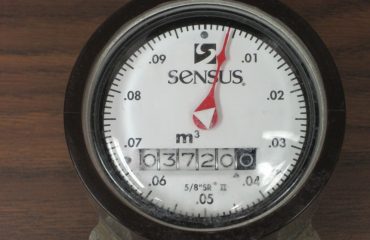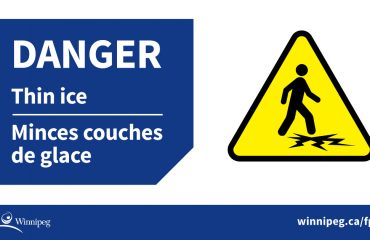Winnipeg, MB – The Winnipeg Fire Paramedic Service (WFPS) has launched its use of the PulsePoint Respond app, empowering Winnipeggers to help save the lives of those experiencing sudden cardiac arrest.
Using the WFPS computer-aided dispatch (CAD) system, app technology, and the GPS on smartphones, PulsePoint alerts CPR-trained bystanders about sudden cardiac arrest incidents in public locations within 500 metres of their location. It can also alert them to the location of the nearest Automated External Defibrillator (AED). To receive notifications, users must select to receive the “Nearby CPR-needed” notification in the app.
“There are thousands of CPR-trained Winnipeggers and I know many would gladly help save the life of a fellow resident if called upon”, said Mayor Brian Bowman. “CPR skills are ones you hope to never use, but early use of CPR, together with AED support, greatly improves the chances of surviving a cardiac arrest and this app will better connect those in need with those who have the skills to save a life.”
“Once the heart stops pumping, seconds really do count. While our crews arrive quickly, we know that if administered immediately after cardiac arrest, CPR can double or triple a person’s chance of survival,” said WFPS Chief John Lane. “For every minute that passes without help, the chance of surviving a cardiac arrest drops by about 10 percent. If a CPR-trained PulsePoint user can start care immediately, it very well could mean the difference between life and death for someone.”
Each year in Winnipeg, approximately 1,100 cardiac arrest events come in through the WFPS 911 Communications Centre. Of these, approximately 30 percent occur in public places. The WFPS is inviting all CPR-trained residents to download the free PulsePoint app to their iOS and Android mobile devices.
With the launch of PulsePoint in Winnipeg, WFPS joins several first responder agencies participating in a study funded by the Canadian Institute of Health Research (CIHR) to examine whether PulsePoint can increase bystander-initiated CPR at cardiac arrests in public places, and ultimately increase survival rates.
“In Canada, 35,000 to 45,000 people die of sudden cardiac arrest each year. We strongly believe innovative technology can improve these statistics,” said Dr. Rob Grierson, WFPS Medical Director. “Like all new technology in the health care field, we need to study the technology to maximize its benefits.”
For more information on PulsePoint, visit: winnipeg.ca/pulsepoint and pulsepoint.org.



